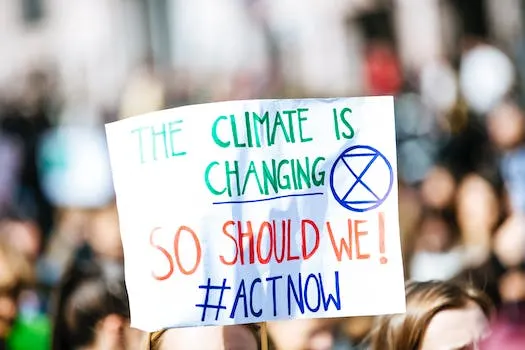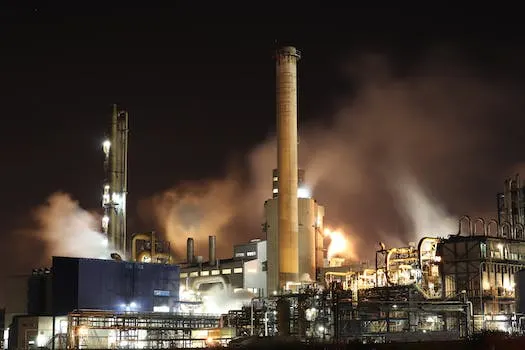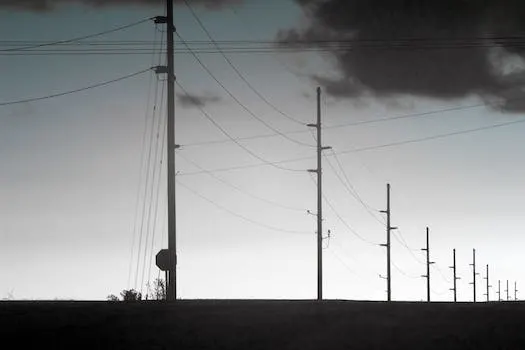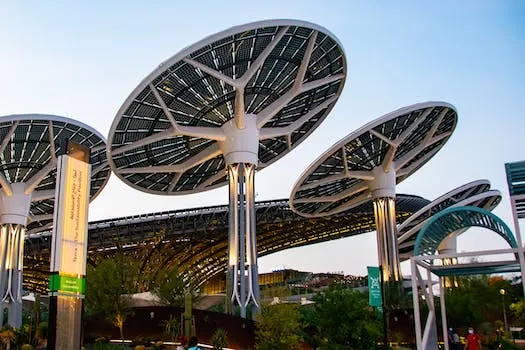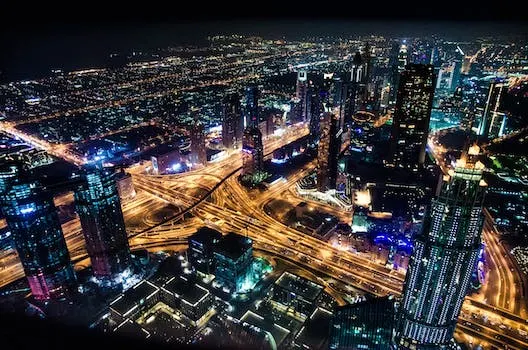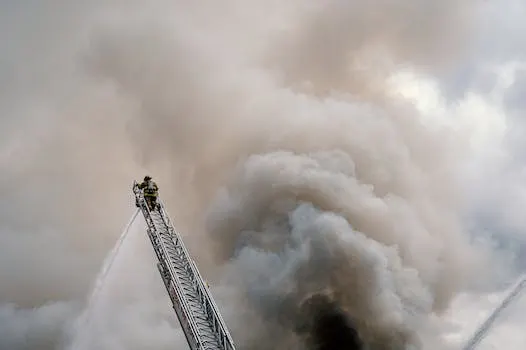
Has Europe's Gas Price Crisis Finally Reached Its End?
For the past year, Europe has been in the midst of a natural gas price crisis caused by the war in Ukraine and sanctions against Russia. This has had a significant impact on businesses and households, making it difficult to make ends meet. However, there are signs that this situation may be improving. Recent mild winter temperatures and lower demand have caused wholesale gas prices to drop to levels not seen since late 2021, providing some much needed relief from the crisis.
The root cause of this issue is linked to the conflict between Ukraine and Russia. In response to sanctions imposed by Western countries, Russia suspended its exports of natural gas which Europe had relied on for years. This disruption has put pressure on many European countries but none more so than Germany who is particularly exposed due to their reliance on Russian energy sources.
The war in Ukraine and its effect on oil and gas prices have been felt across Europe with 66% of EU citizens believing that it should lead the bloc towards speeding up their transition away from fossil fuels towards renewable energy sources such as solar or wind power. The high cost of oil since 2008 has also hindered economic recovery during the pandemic period for many European nations as well as globally.
It appears that Europe's gas price crisis may finally be coming to an end with recent developments offering some respite from rising costs over recent months; however, it remains important for governments across Europe to continue working together towards transitioning away from fossil fuels in order ensure long-term stability within their economies going forward into 2023 and beyond.
What Caused the Gas Price Crisis?
The gas price crisis in Europe has been caused by a combination of factors, the most significant being the conflict in Ukraine. The war began in 2022 and caused disruption to the supply of natural gas from Russia, which had previously been the main source for many European countries. This disruption led to a spike in prices as demand outstripped supply, creating a crisis. To make matters worse, sanctions imposed on Russia by the European Union further disrupted gas supplies and exacerbated the situation.
The Russian invasion of Ukraine has had far-reaching consequences beyond just energy markets. EU countries have taken coordinated measures to address high oil prices and energy transition issues that have arisen due to this conflict. The prospect of an unprecedented total shutoff is fueling concern about potential gas shortages, higher prices, and economic impacts around the world.
The war has also created a massive humanitarian crisis with more refugees displaced than at any time since World War II. In addition to this immediate humanitarian issue, there is also an increase in energy prices that is rippling around the globe due to this conflict. This increase is causing further economic hardship for many countries already struggling with other issues related to COVID-19 pandemic or other global crises such as climate change or poverty levels rising worldwide.
It remains unclear how long it will take for Europe's gas price crisis to reach its end but it appears that it will not be resolved anytime soon given all these factors at play and their interconnectedness with each other on both local and global scales. It is clear though that any resolution must involve addressing both short-term needs such as providing aid for those affected by displacement while also looking towards long-term solutions such as finding alternative sources of energy or improving infrastructure so that disruptions can be minimized if they occur again in future conflicts or crises like this one again arise again down line somewhere else across our planet Earth .
The Impact of the Gas Price Crisis
The gas price crisis has had a significant impact on businesses and households across Europe. Businesses that rely on natural gas for their operations have been particularly hard hit, as the high prices have made it difficult for them to operate profitably. Households have also felt the pinch, with higher energy bills due to the increased cost of natural gas. Countries such as Bulgaria, Hungary and Slovakia were particularly affected by the crisis due to their reliance on Russian gas imports.
The situation in Europe has recently changed drastically with an abundance of natural gas leading to spot prices briefly going negative earlier this week. This sudden shift has caused concern about potential shortages and further increases in prices which could lead to economic hardship for many people across Europe. To help mitigate this issue, fossil fuel firms may be asked to share some of their excess profits with European households and industries who are struggling with red-hot energy bills. Heating is one of the main uses for natural gas in European households so any increase in price can be especially damaging for those already struggling financially.
In response to these issues, EU energy ministers are currently engaged in crunch talks over a proposed cap on gas prices intended to protect consumers from further increases in costs. This comes alongside plans from several countries within Europe such as France and Germany who are looking at phasing out nuclear power while reducing coal consumption which would lower greenhouse emissions but could also lead to higher demand for natural gas supplies putting further strain on resources available within Europe itself.
The Recent Drop in Prices
The recent drop in gas prices has been a welcome relief for many businesses and households who have been struggling to make ends meet due to the high prices. This is largely due to the decline in oil prices, which account for more than half of the cost of gas. Additionally, mild winter temperatures and lower demand have caused wholesale gas prices to drop to levels not seen since late 2021. However, this reprieve may be short-lived as frigid cold and blowing winds on Friday knocked out power and cut energy consumption across Europe. This could lead to an increase in fuel prices as well as a spike in demand for Russian gas if temperatures remain low. Despite this risk, many are hopeful that with warmer-than-expected start to winter in large parts of the world that could linger for weeks combined with alternatives to Russian gas and a buildup of storage will help keep prices down.
Conclusion
The recent drop in natural gas prices in Europe is a welcome relief for many businesses and households, providing a much needed reprieve from the crisis. This decrease comes after Russia's invasion of Ukraine sent energy prices to historic highs, resulting in high market volatility and a coordinated round of price hikes. The conflict has also had an effect on other commodities such as grain and fuel, with uncertain political reverberations throughout the Middle East. Fortunately, Europe now has more natural gas than it knows what to do with, leading to spot prices briefly going negative earlier this week. Ukrainian President Volodymyr Zelenskyy later confirmed that Ukraine and Russia have made some progress at the talks while UN Secretary-General ...has also weighed in on the situation. For now, Europe can take advantage of these lower prices and enjoy a break from the gas price crisis - but there is still risk that prices could spike again if supply is disrupted.


